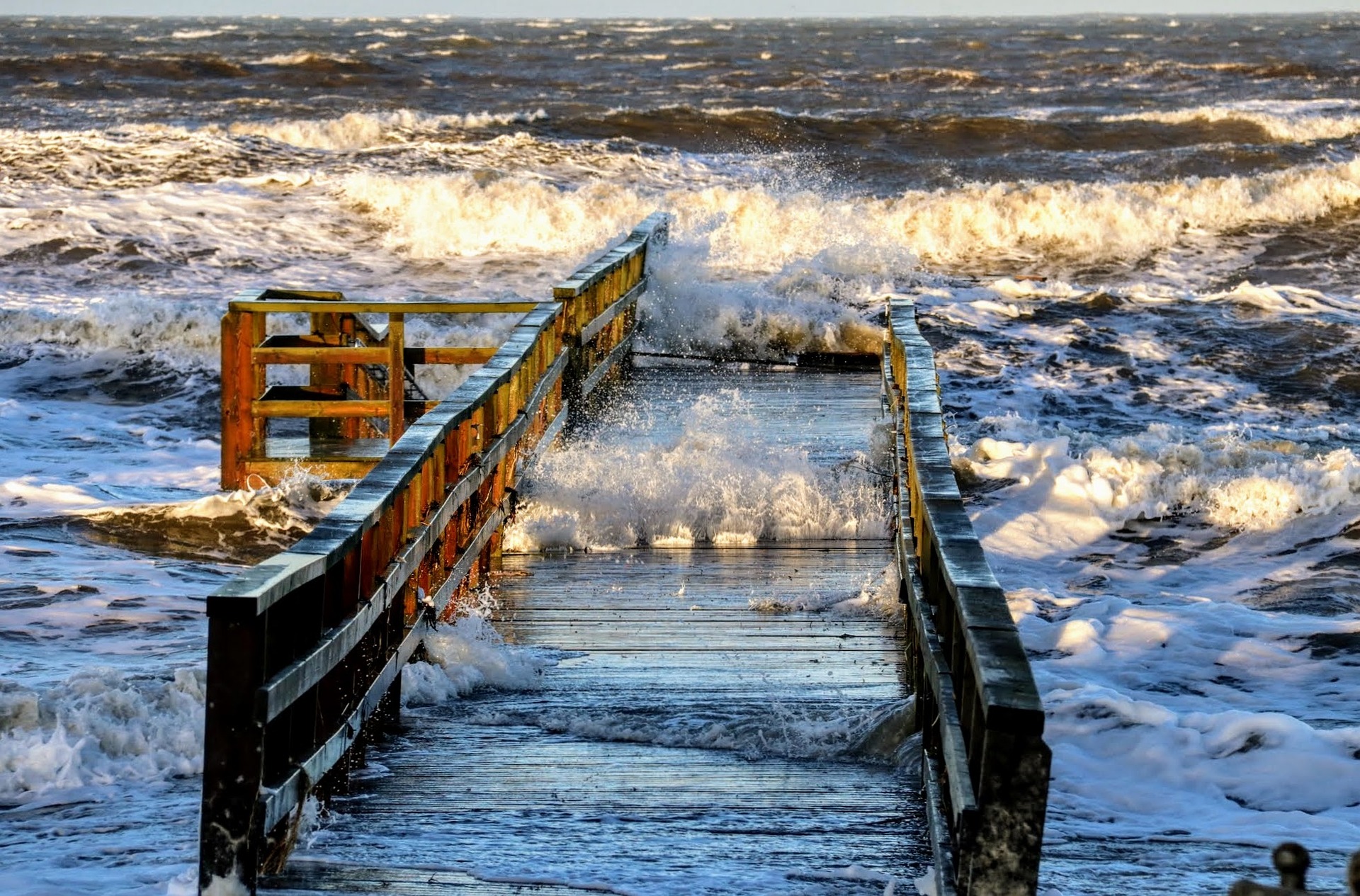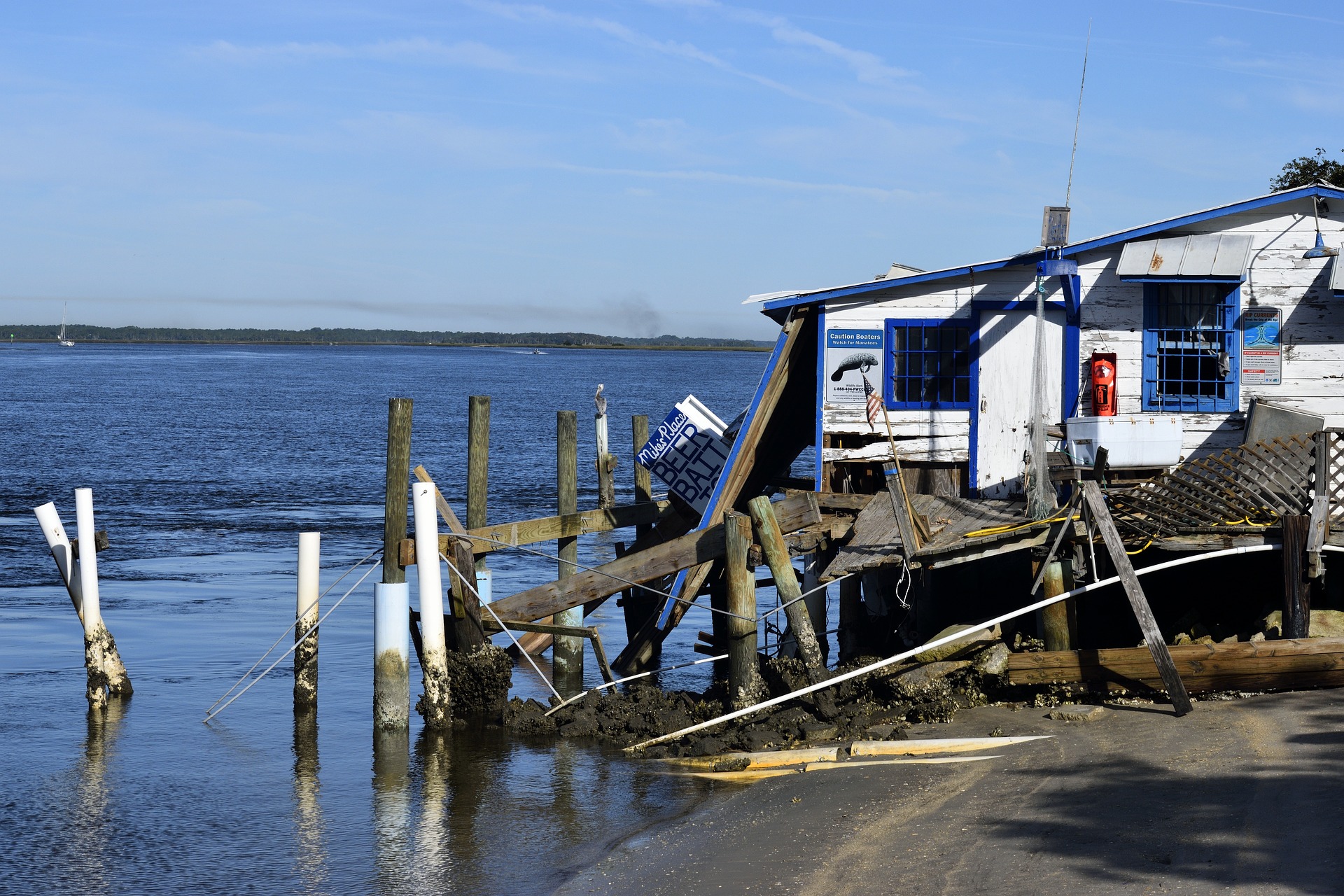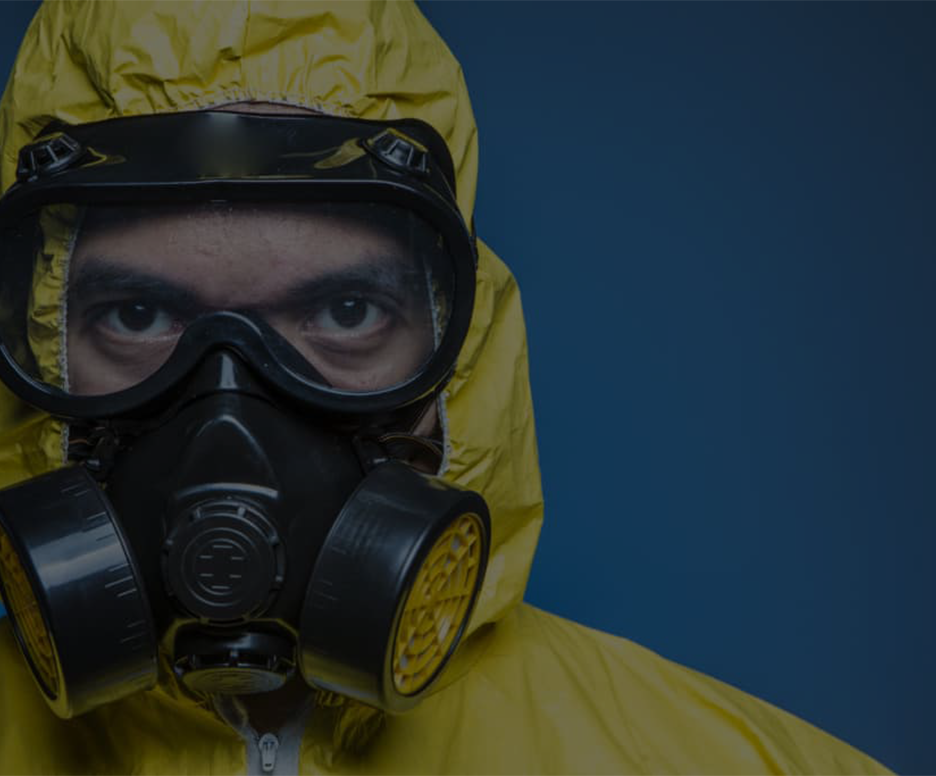
Common Myths About Water Damage Debunked
By: 911 Water Damage Experts
Water damage is a significant concern for homeowners, yet it’s often misunderstood. Misconceptions can lead to costly repairs and health risks if not addressed properly.
In this article, we will debunk the most common myths about water damage and provide you with the facts you need to protect your home.
Let’s get right into it!
Understanding Water Damage
What Is Water Damage?
Water damage occurs when unwanted water enters your home, causing destruction to materials and surfaces. Whether from natural disasters, plumbing failures, or even appliances malfunctioning, water damage can be devastating.
According to the Insurance Bureau of Canada (IBC), water damage is now the leading cause of home insurance claims across the country, making up nearly 50% of all property claims.
Common Causes Of Water Damage
The causes of water damage can be varied. They can include heavy rains, burst pipes, leaking roofs, malfunctioning appliances, and even poor drainage systems around the home. Beyond the immediate damage, water infiltration can lead to the growth of mould, which presents serious health risks.
Water Damage Myths Debunked
Water Damage Is Always Visible
A widespread myth is that water damage is easily noticeable. Many homeowners assume that if they don’t see a leak or a flood, there isn’t a problem. However, water damage can hide in less obvious places, like behind walls, under flooring, or in crawl spaces, and may not show visible signs until extensive damage has occurred.
Hidden Signs Of Water Damage
Hidden signs of water damage may include musty odours, peeling paint, warped floors, and unexpected increases in utility bills due to undetected leaks. It’s crucial to regularly check areas prone to leaks, such as basements, kitchens, and bathrooms.
How To Detect Water Damage Early
Homeowners can install moisture sensors or smart leak detectors in high-risk areas like under sinks or around water heaters. These devices can alert you to leaks early, helping you prevent larger, more costly repairs.
Only Floods Cause Water Damage
While floods are a major cause of water damage, they’re far from the only source. Leaky pipes, overflowing sinks or bathtubs, and even high humidity can cause significant damage over time.
Other Causes Of Water Damage
Small leaks in plumbing or faulty appliances can gradually cause structural issues. Humidity, especially in coastal or humid regions, can lead to moisture build-up inside walls or floors, encouraging mould growth. In Canada, freezing temperatures can cause pipes to burst, especially in poorly insulated areas.
Water Damage Can Wait – It’s Not An Immediate Problem
Many homeowners believe that minor water damage can wait before being addressed. This couldn’t be further from the truth. The longer water damage sits untreated, the worse it becomes.
The Dangers Of Delayed Water Damage Repair
Untreated water damage can lead to mould, which can pose serious health risks, particularly to individuals with allergies, asthma, or weakened immune systems. Structural damage can also worsen over time, increasing repair costs. The longer you wait to fix water damage, the more you risk damaging your home’s foundation, electrical systems, and plumbing.
DIY Methods Can Fix All Water Damage
While some homeowners feel confident in handling water damage on their own, not all repairs can be successfully completed with DIY methods. For severe water damage, professional intervention is crucial.
When To Call A Professional
If water damage affects structural components of your home, or if the source of the damage includes contaminated water (such as sewage backups), it’s essential to call a professional restoration company. Certified water damage specialists have the right tools and expertise to properly dry and restore your home.
Risks Of Attempting Water Damage Repair Yourself
Improper DIY methods can lead to incomplete drying, which fosters mould growth and long-term damage. Professional equipment, like industrial dehumidifiers and moisture meters, ensures thorough water removal and drying.
Water Damage Isn’t Dangerous
Water damage poses a variety of health risks, especially when left untreated. Standing water can breed harmful bacteria, and waterlogged materials can harbour dangerous mould.
Health Risks From Water Damage
Prolonged exposure to mould can cause respiratory issues, skin irritation, and other allergic reactions. Water from sewage backups, known as black water, is especially hazardous and can lead to severe illness.
All Water Is The Same
Not all water is created equal. Water damage is classified into three types: clean water, grey water, and black water.
Types Of Water Contamination And Their Effects
Clean Water: From a potable source, like a broken pipe or rainwater.
Grey Water: Contaminated by household activities, such as from dishwashers or washing machines.
Black Water: Highly contaminated water from sewage or floodwaters, which can contain harmful pathogens.
Each type of water damage requires different treatment methods to prevent health hazards.
Water Damage Is Covered By All Home Insurance Policies
Many homeowners assume that their standard insurance policy covers all types of water damage. However, not all water damage incidents are covered.
What Home Insurance Really Covers For Water Damage
Most home insurance policies cover sudden and accidental water damage, such as burst pipes. However, damage caused by poor maintenance, gradual leaks, or flooding may not be covered. It’s essential to read your policy carefully and consider purchasing additional coverage, such as overland flood insurance, especially if you live in a flood-prone area.
Water Damage Only Affects Walls And Floors
Water damage doesn’t just impact the visible parts of your home. It can affect your home’s structure, electrical systems, and even your furniture.
Impact On Structural Integrity
Water can weaken the structural integrity of your home by eroding wood, drywall, and concrete. If water reaches your home’s foundation, it can cause severe damage that compromises the building’s stability.
How Water Damage Affects Electrical Systems, Furniture, And Appliances
Water can short out electrical systems, leading to dangerous malfunctions or fires. Furniture and appliances can also absorb water, leading to warping, rust, and mould growth.
Once It Dries, Water Damage Is Gone

Just because a surface feels dry doesn’t mean the water damage is resolved. Water can seep deep into materials, leading to long-term issues.
Long-Term Consequences Of Water Damage
Even after the visible signs of water damage are gone, materials like wood and drywall may still retain moisture, leading to rot, warping, and mould growth. It’s essential to have professionals ensure that the area is completely dry.
Water Damage Is The Same Everywhere
Water damage varies depending on local climate and construction practices. Homes in coastal areas, for instance, face different risks than homes in colder climates.
How Local Climate Affects Water Damage Risks
In cold climates, frozen pipes are a common source of water damage, while homes in rainy or coastal areas may be at higher risk for leaks and humidity problems. Knowing your local environment’s specific challenges helps in taking preventive measures.
Small Leaks Don’t Lead To Serious Damage
A small leak might seem harmless, but over time, even tiny amounts of water can cause significant damage.
How Small Leaks Can Escalate Over Time
Small leaks, when left unattended, can rot wood, damage drywall, and encourage mould growth. According to the Canadian Home Builders’ Association, small leaks can result in significant repairs if not promptly addressed.
Water Damage Only Affects Older Homes
While older homes may have more outdated plumbing, newer homes are not immune to water damage. New homes can suffer from faulty construction or improperly installed plumbing.
Water Damage Can’t Cause Fires
Water damage and fire risk might seem unrelated, but they can be closely linked.
The Connection Between Water Damage And Electrical Fires
When water seeps into electrical wiring or outlets, it can cause short circuits, which can lead to fires. It’s essential to have electrical systems inspected after significant water damage.
Water Damage Restoration Is A Quick Process
Water damage restoration is often a lengthy process that requires patience and attention to detail.
The Timeline For Proper Water Damage Restoration
The drying process alone can take several days to a few weeks, depending on the severity of the damage. After drying, additional steps like mould remediation and structural repairs can extend the process further.
FAQ
What Are The First Signs Of Water Damage?
The first signs often include musty odours, discoloured walls or ceilings, and sudden increases in water bills.
Can Water Damage Cause Health Problems?
Yes, water damage can lead to mould growth, which can cause respiratory issues and allergic reactions.
Is All Water Damage Covered By Insurance?
No, gradual water damage or damage due to poor maintenance is often not covered. However, sudden and accidental water damage typically is.
How Quickly Should I Address Water Damage?
You should address water damage immediately to prevent long-term structural issues and mould growth.
Can I Prevent Water Damage In My Home?
Regular maintenance, proper drainage systems, and leak detection devices can significantly reduce the risk of water damage.
Why Is It Important To Hire A Professional For Water Damage?
Professionals have the equipment and expertise to ensure that water is fully removed and that mould and long-term damage are prevented.
What Types Of Water Cause The Most Damage?
Black water, which contains sewage or harmful contaminants, is the most dangerous and damaging type of water.
How Does Water Damage Affect My Home’s Value?
Water damage can lower your home’s value if not properly repaired, as it may cause structural and aesthetic issues.
Can Water Damage Happen In Any Home?
Yes, any home, regardless of age or location, can experience water damage due to leaks, plumbing issues, or natural disasters.
What Should I Do If I Find A Leak?
Immediately shut off the water source, document the damage, and contact a professional to begin repairs.
Conclusion
Water damage is often misunderstood, leading many homeowners to make costly mistakes based on myths and misconceptions. By understanding the true risks and causes of water damage, you can take proactive steps to protect your home.
Whether it’s addressing hidden leaks, understanding the limitations of your insurance, or knowing when to call a professional, being informed is the best way to safeguard your property and health. Remember, water damage is not something that can be ignored or delayed. Act swiftly to prevent long-term damage and ensure the safety and integrity of your home.
If you have any questions about our article “Common Myths About Water Damage Debunked” or need water damage restoration services contact us at 1-833-WE-DRY-IT or connect with us on social media.

